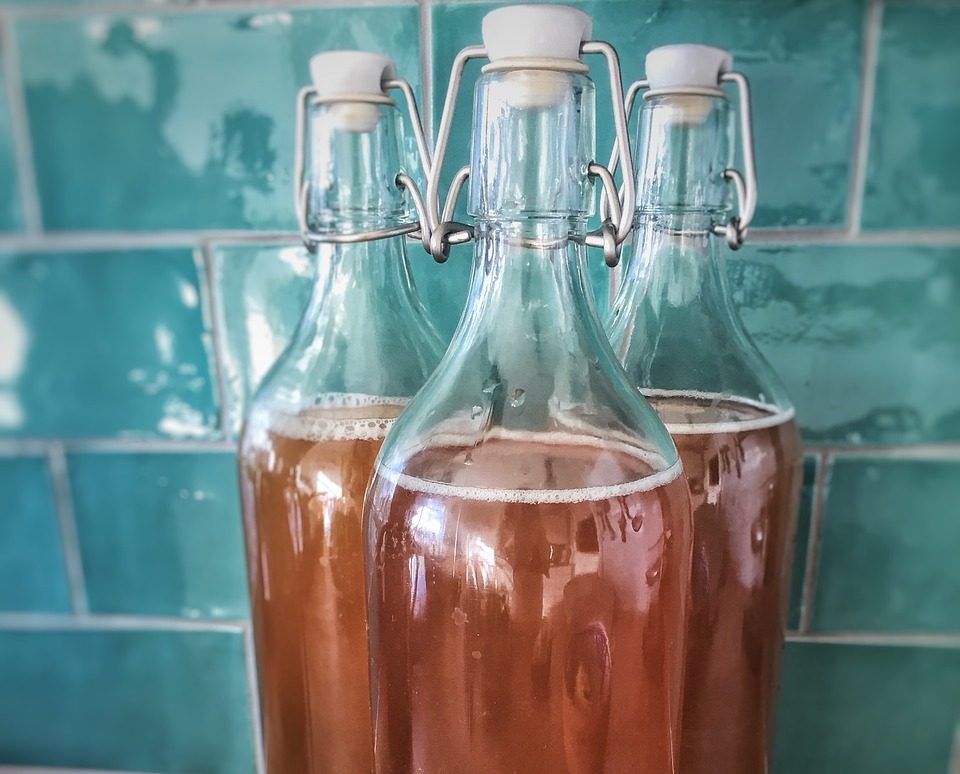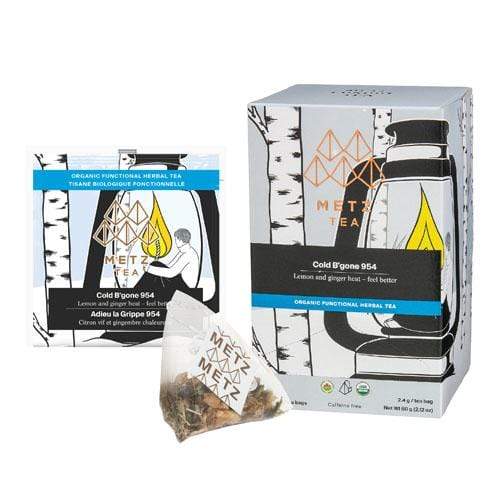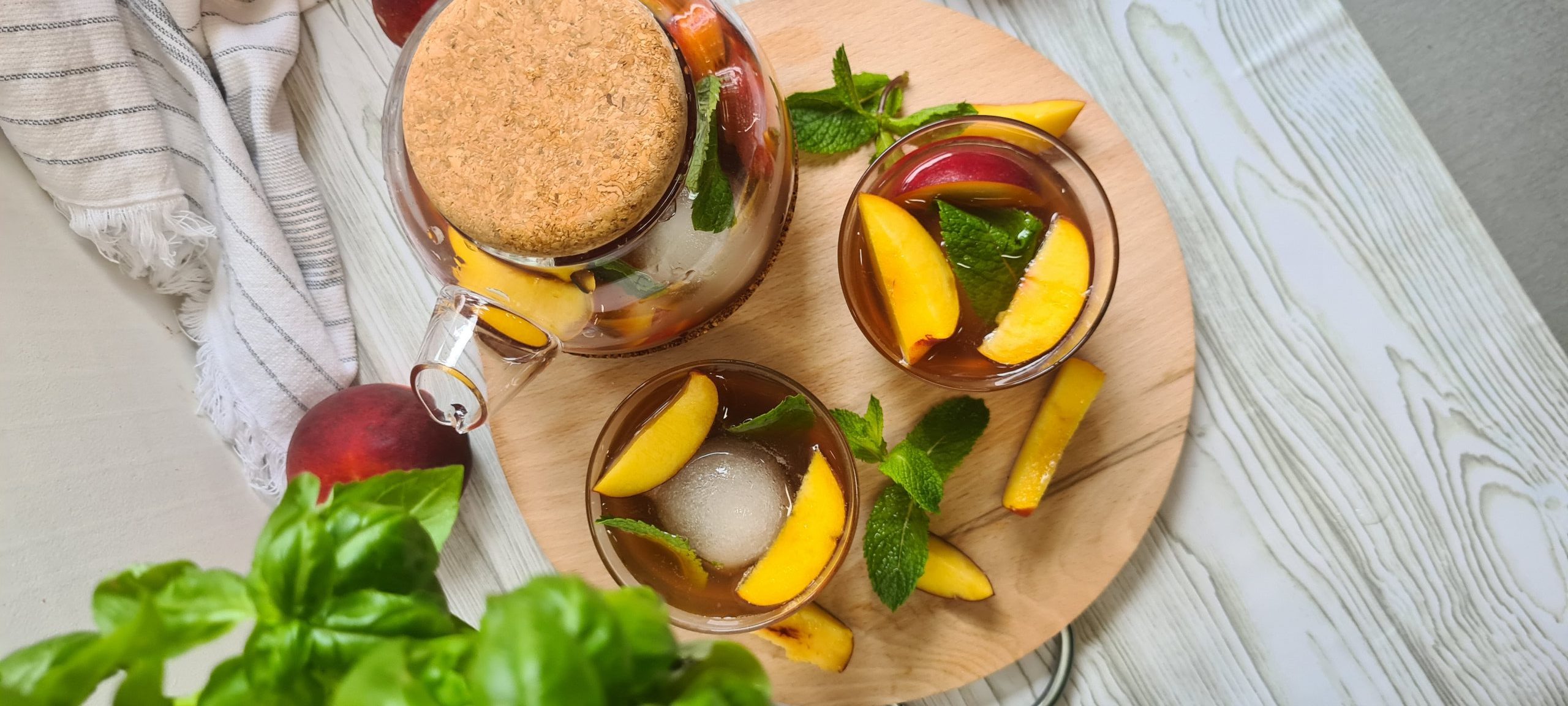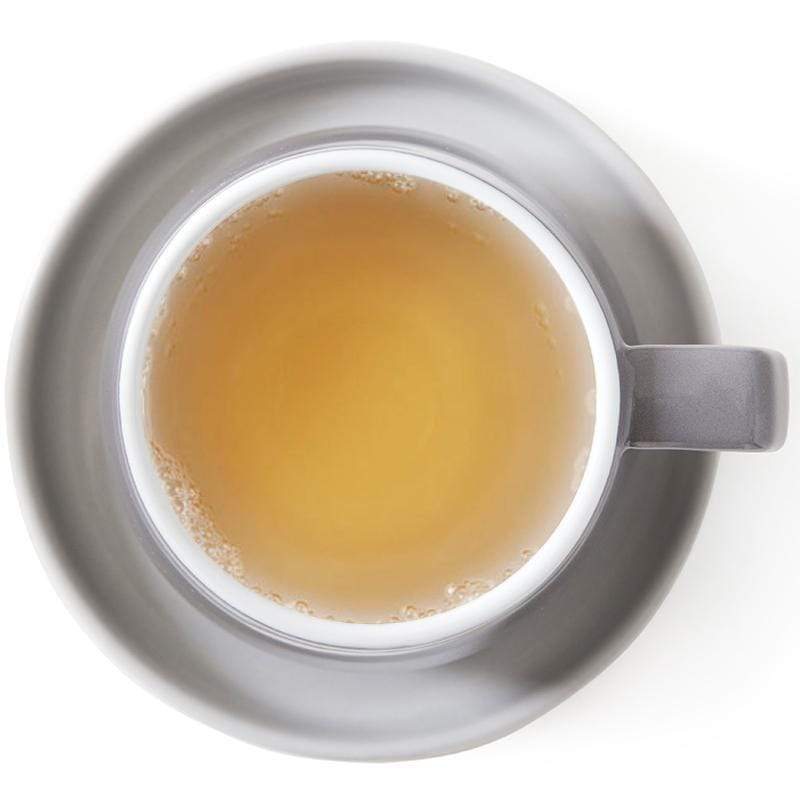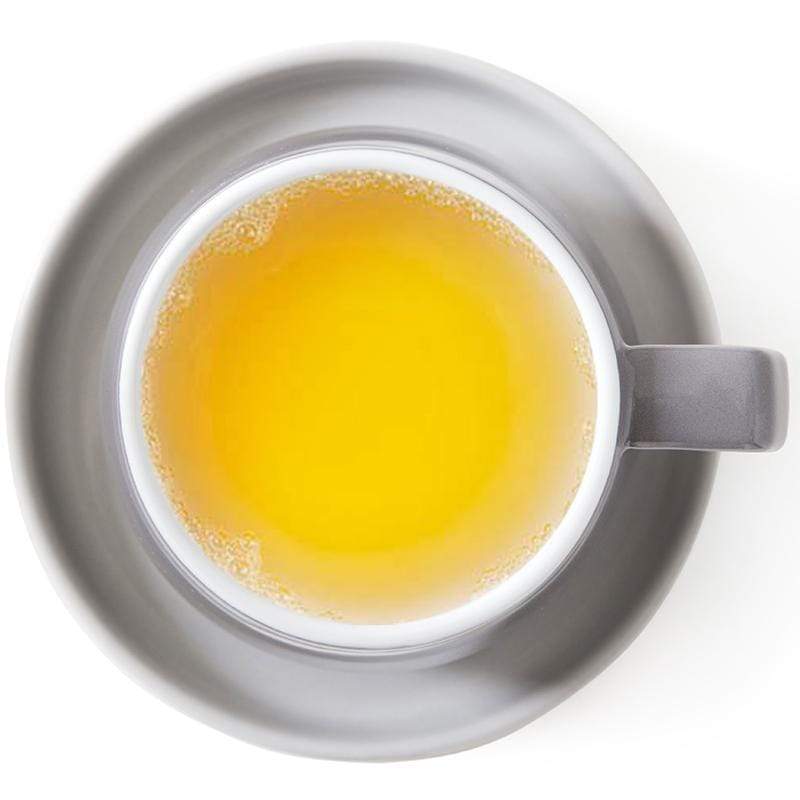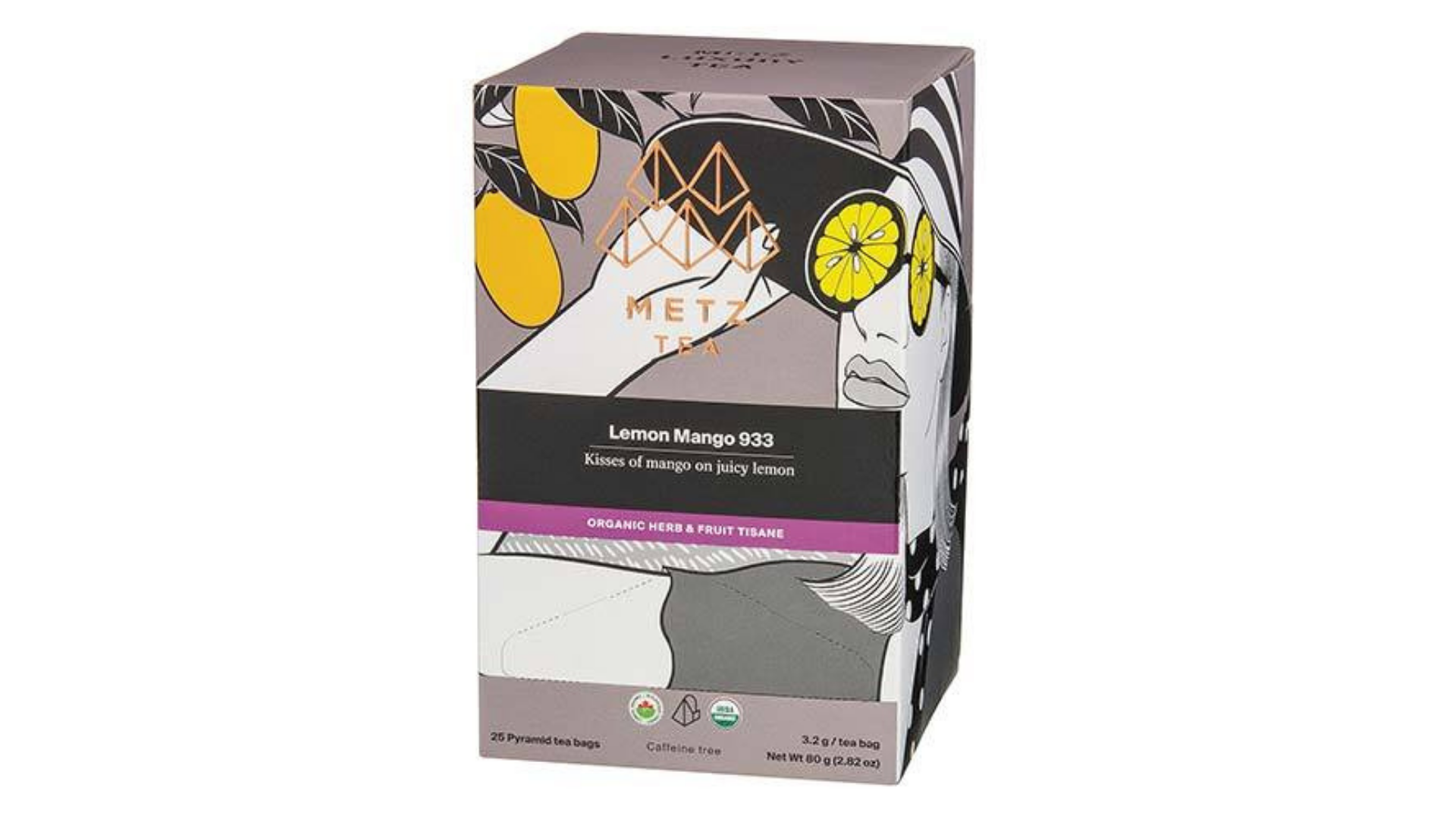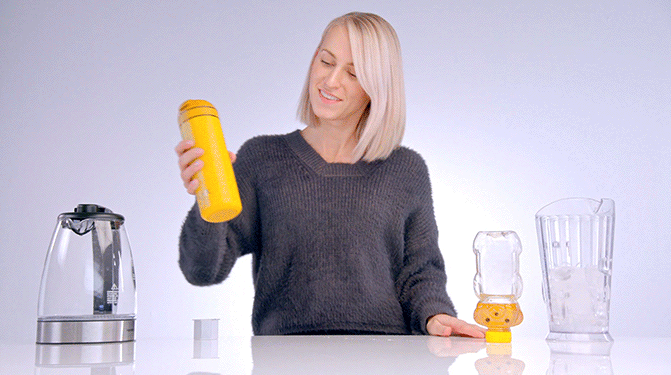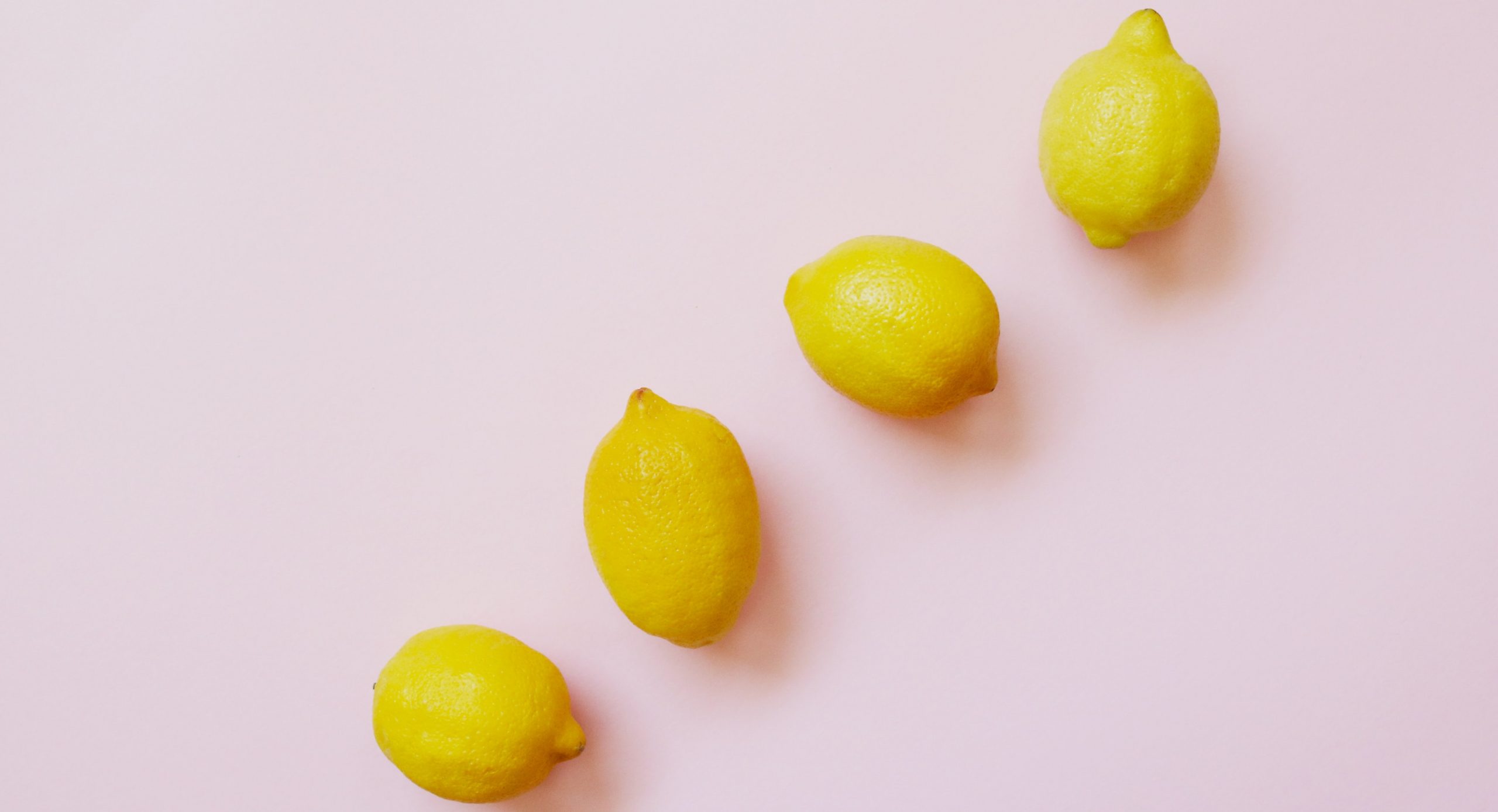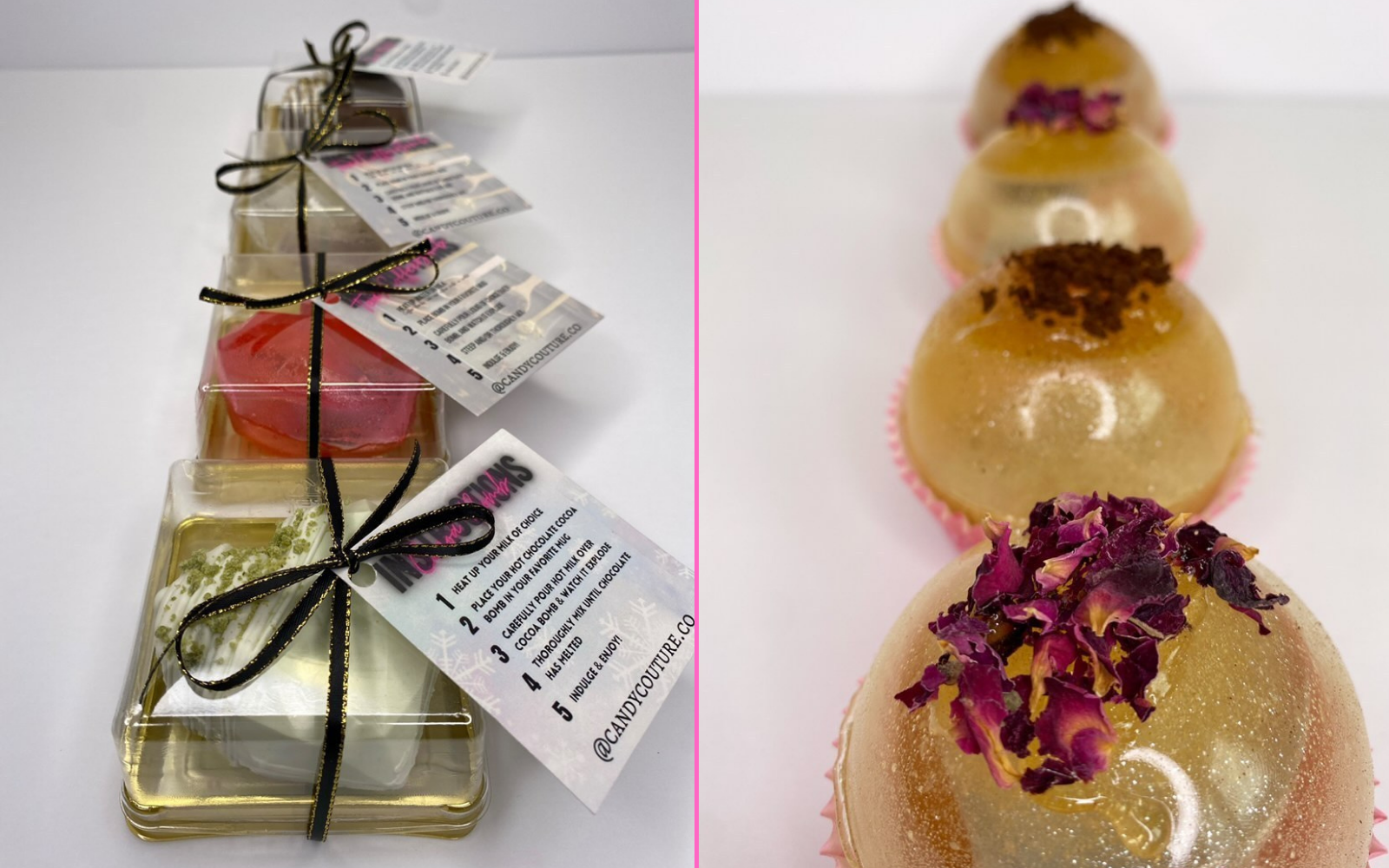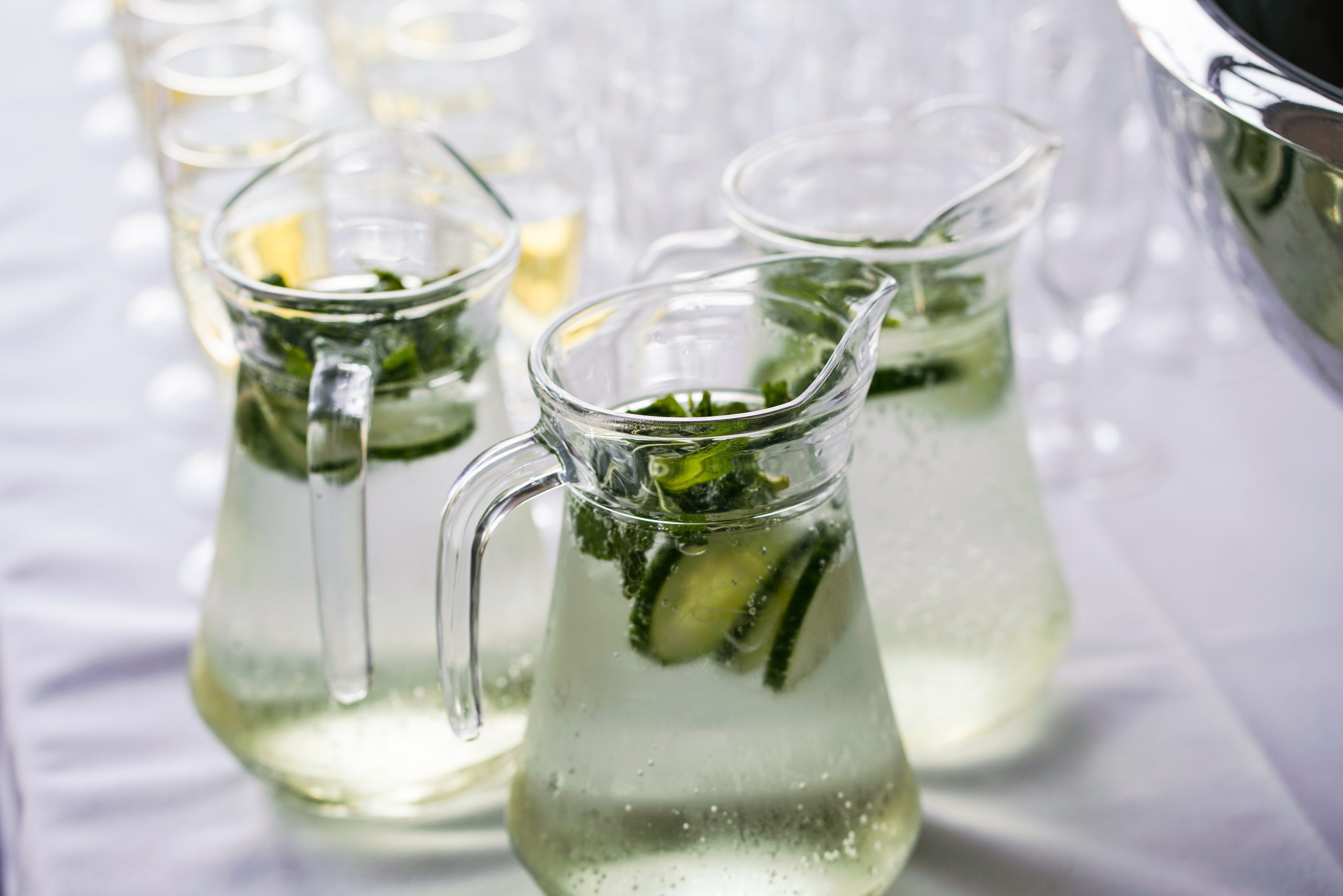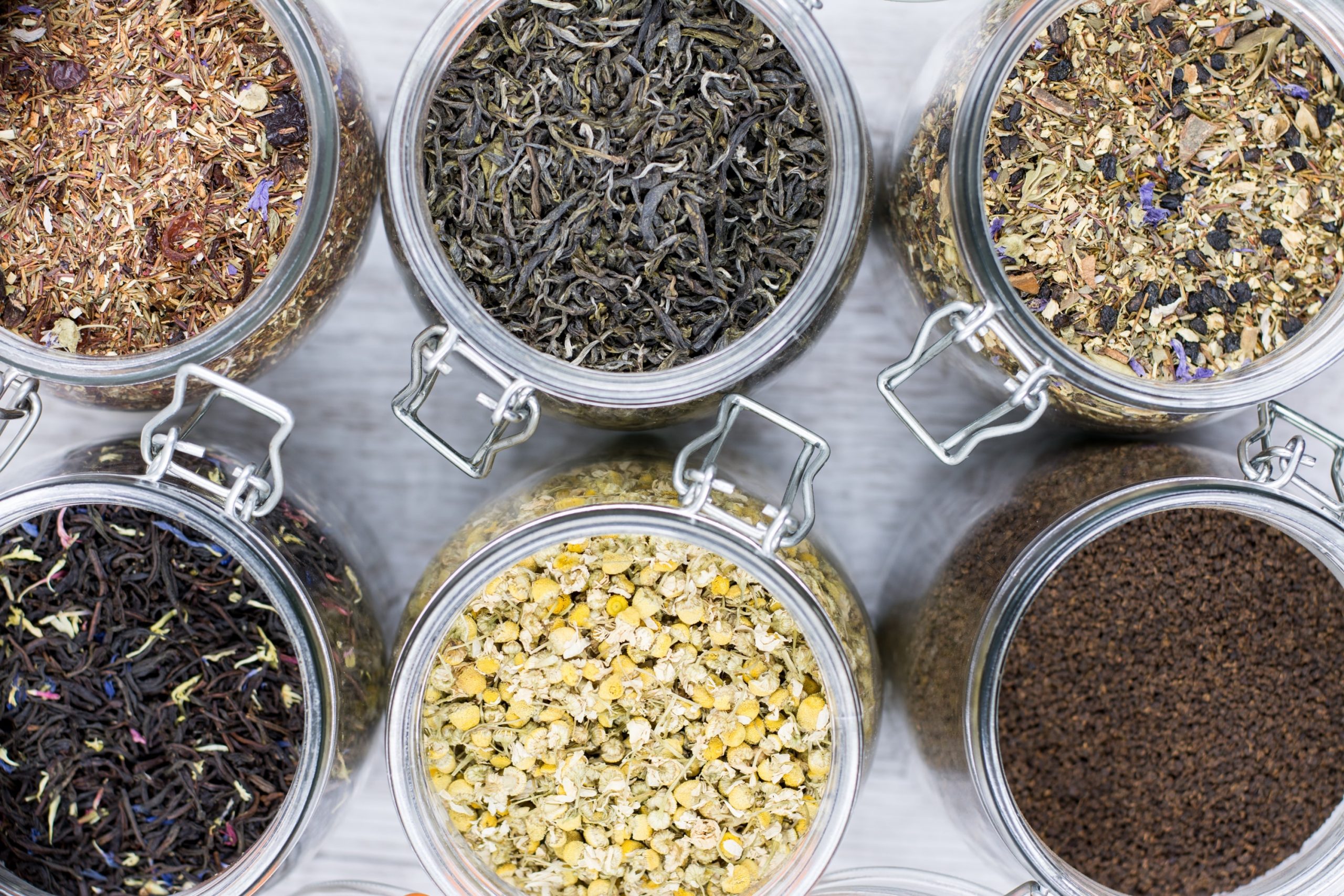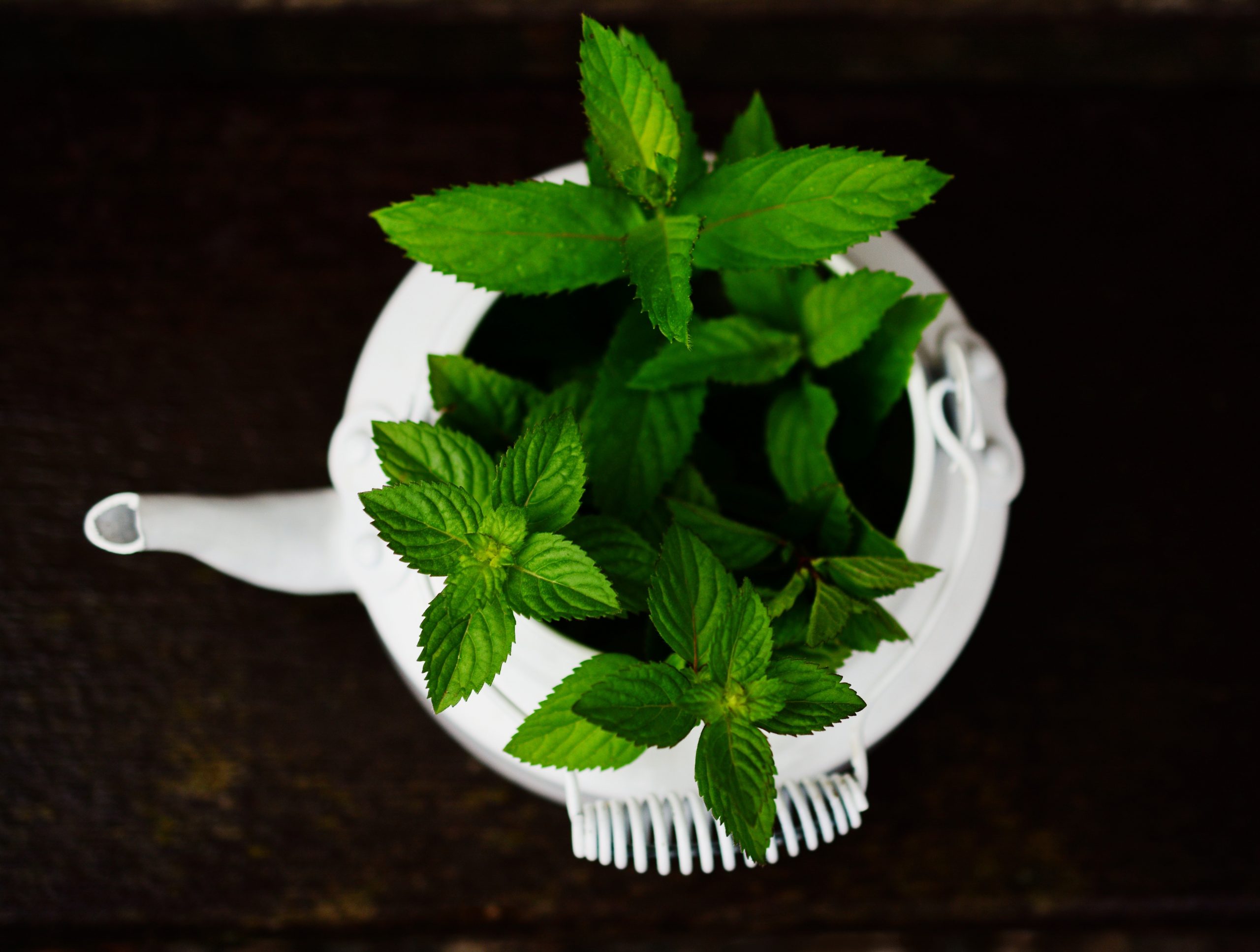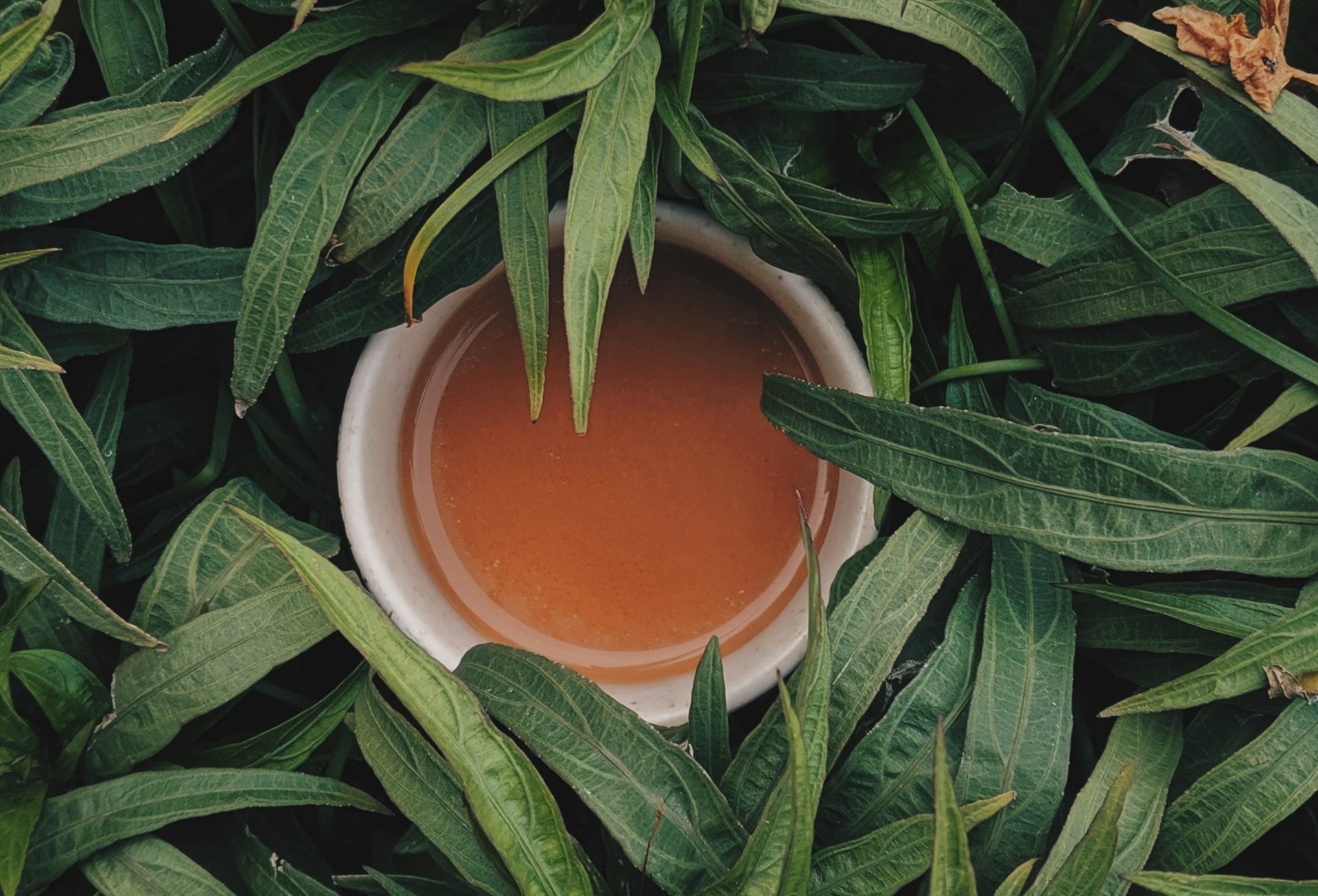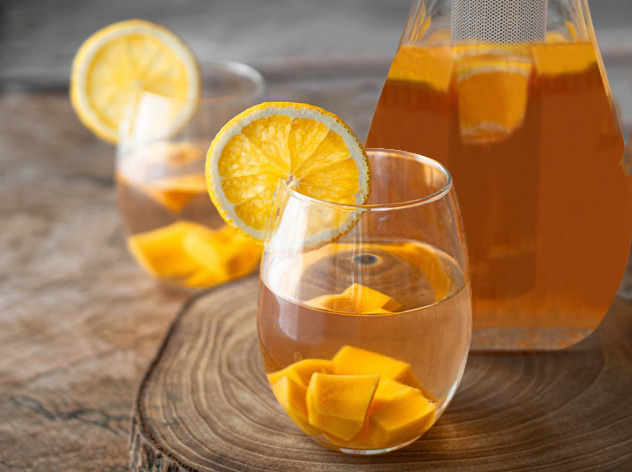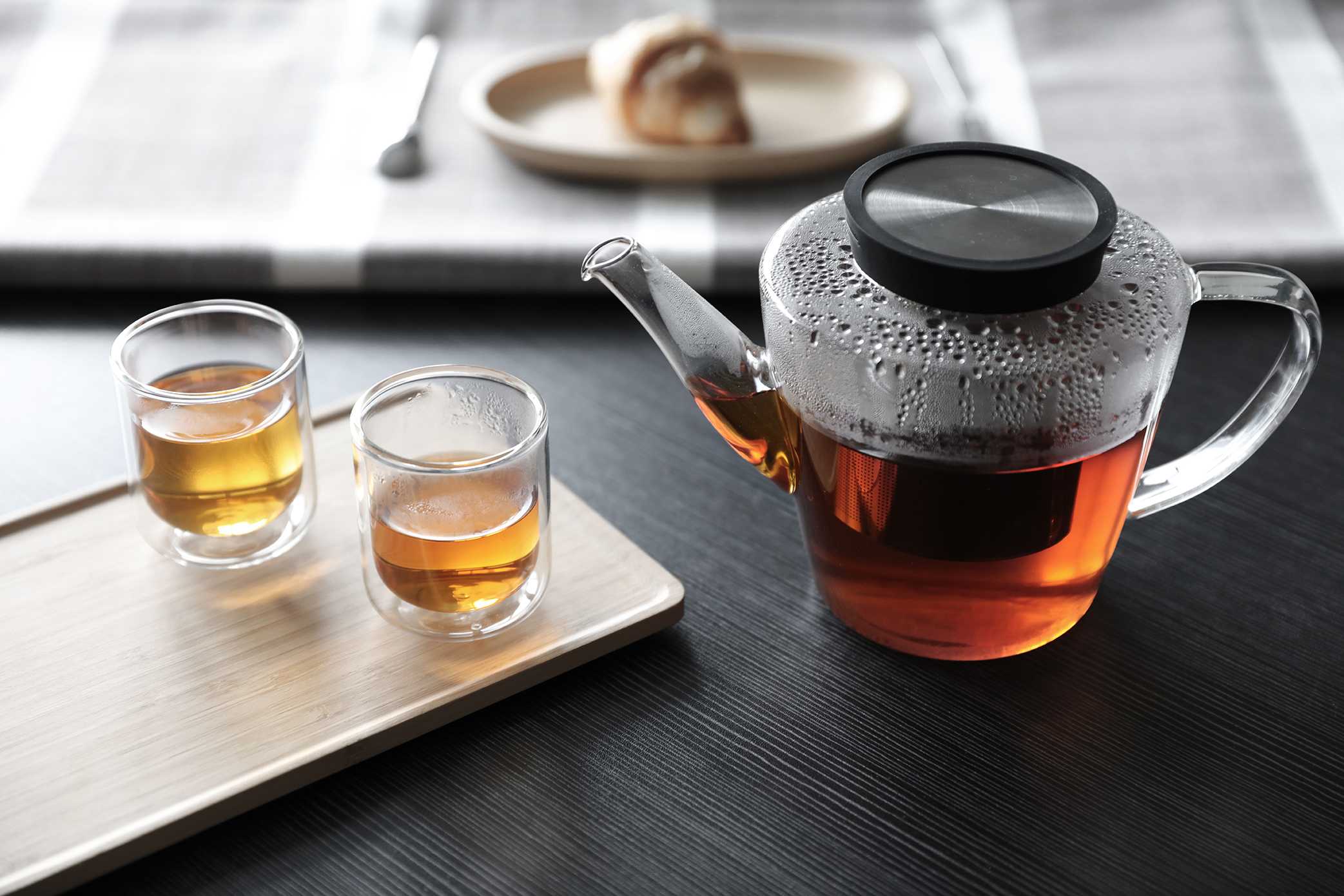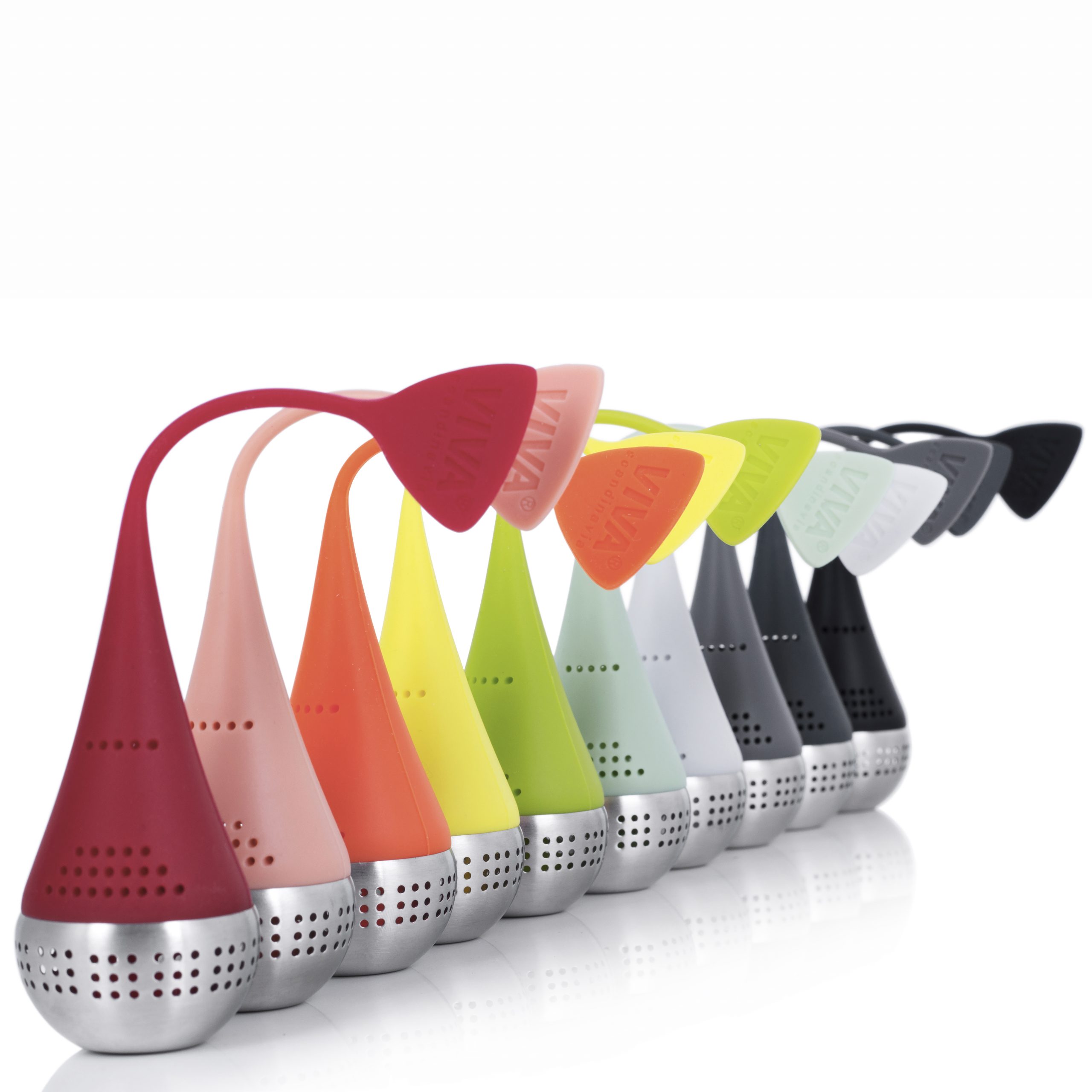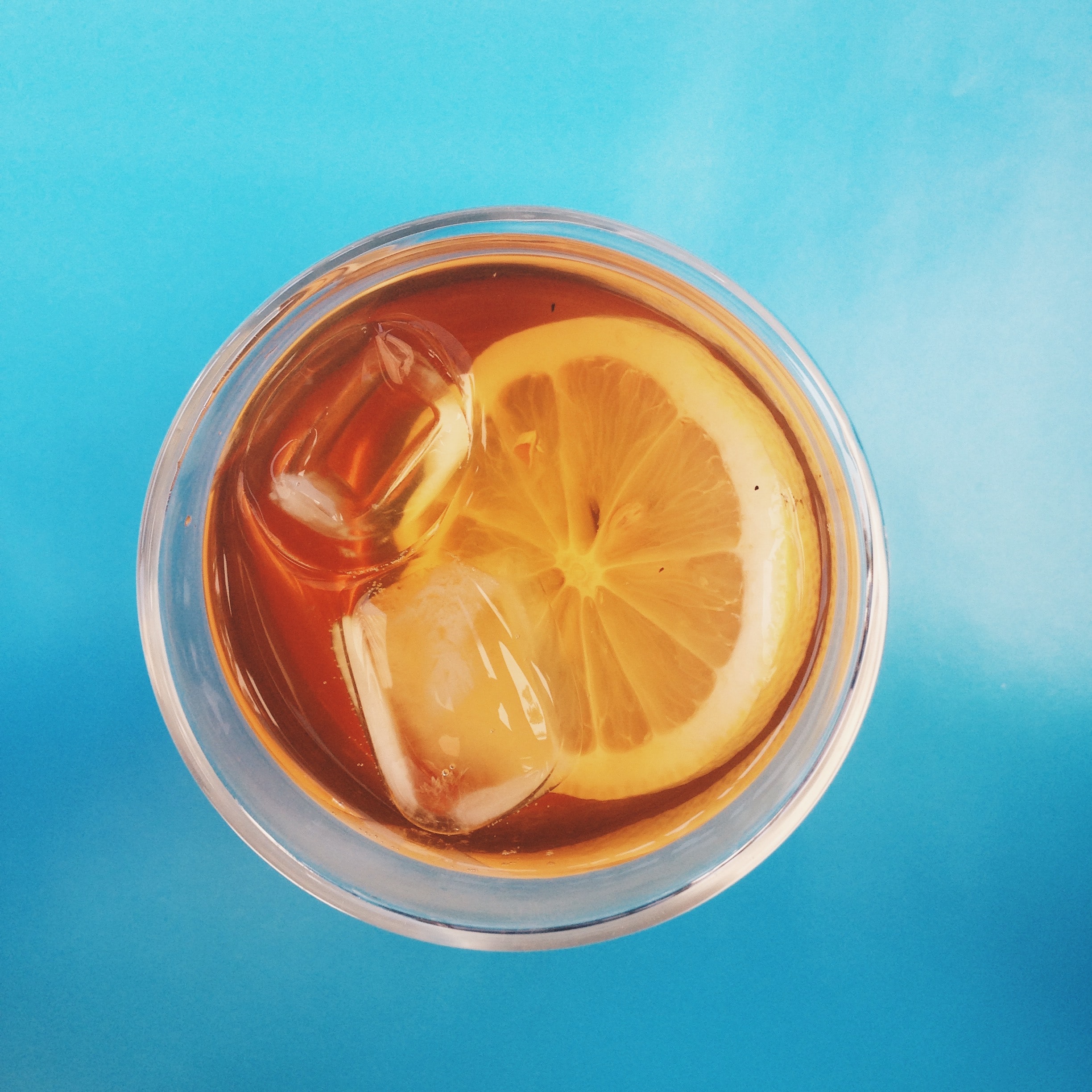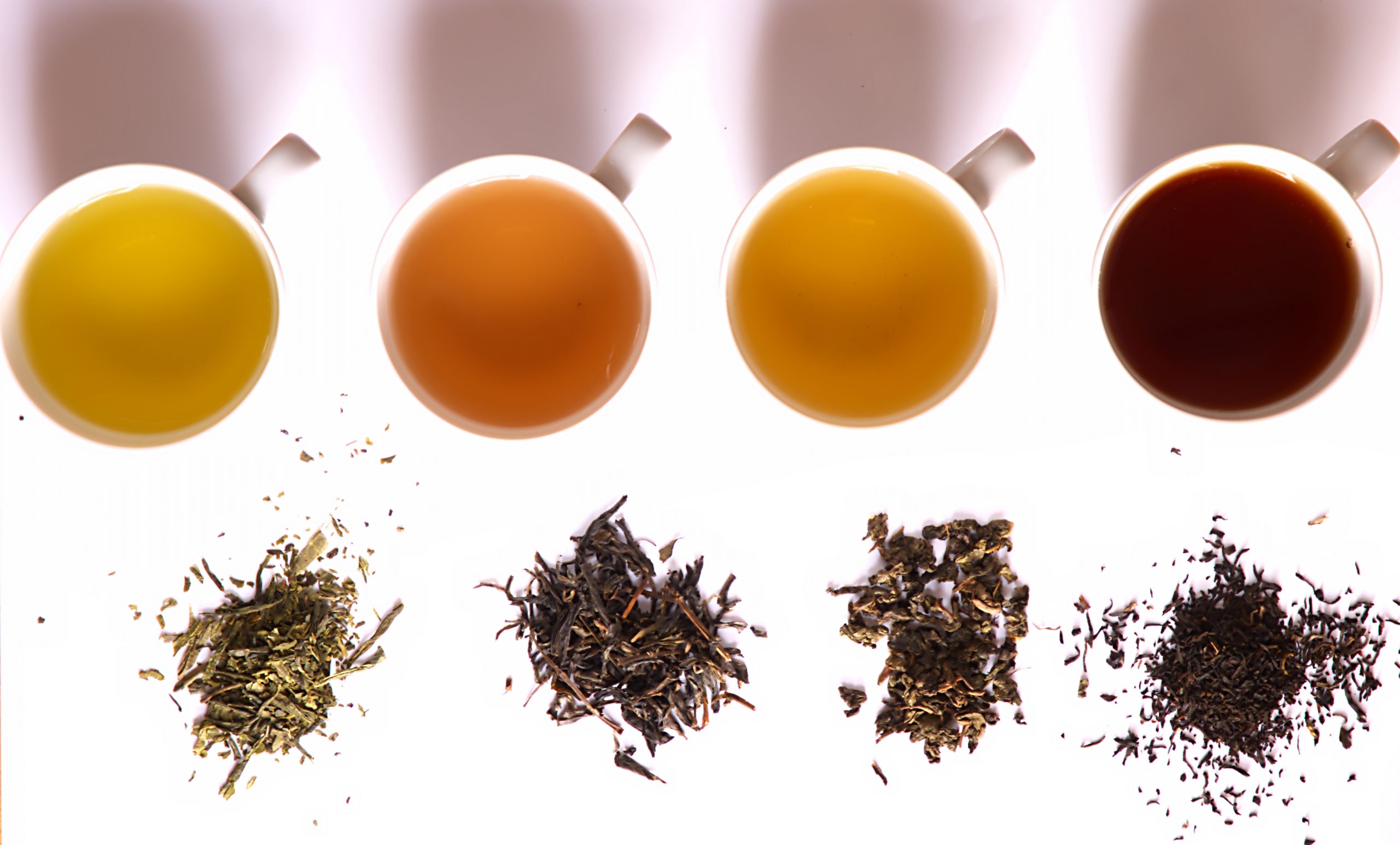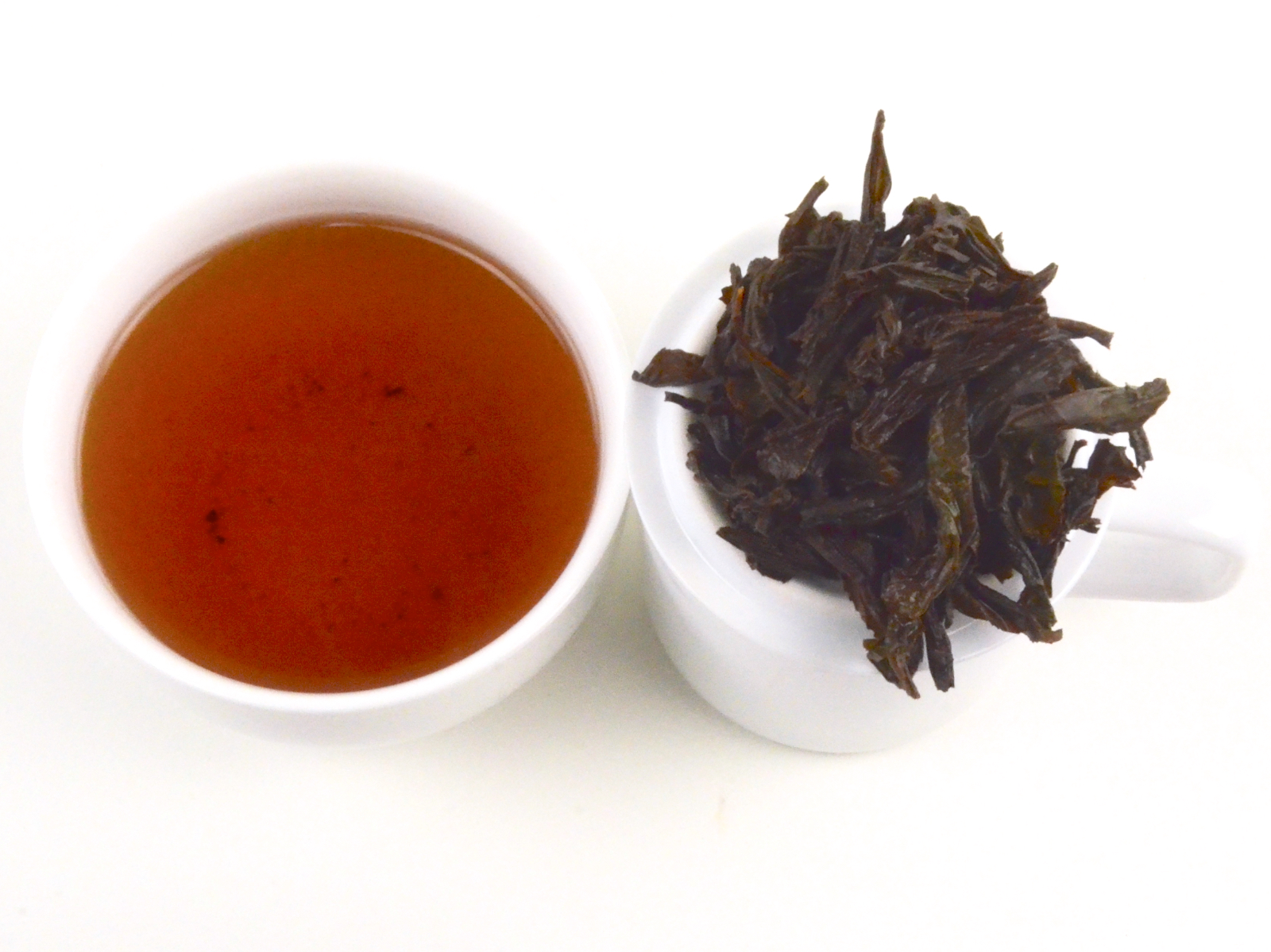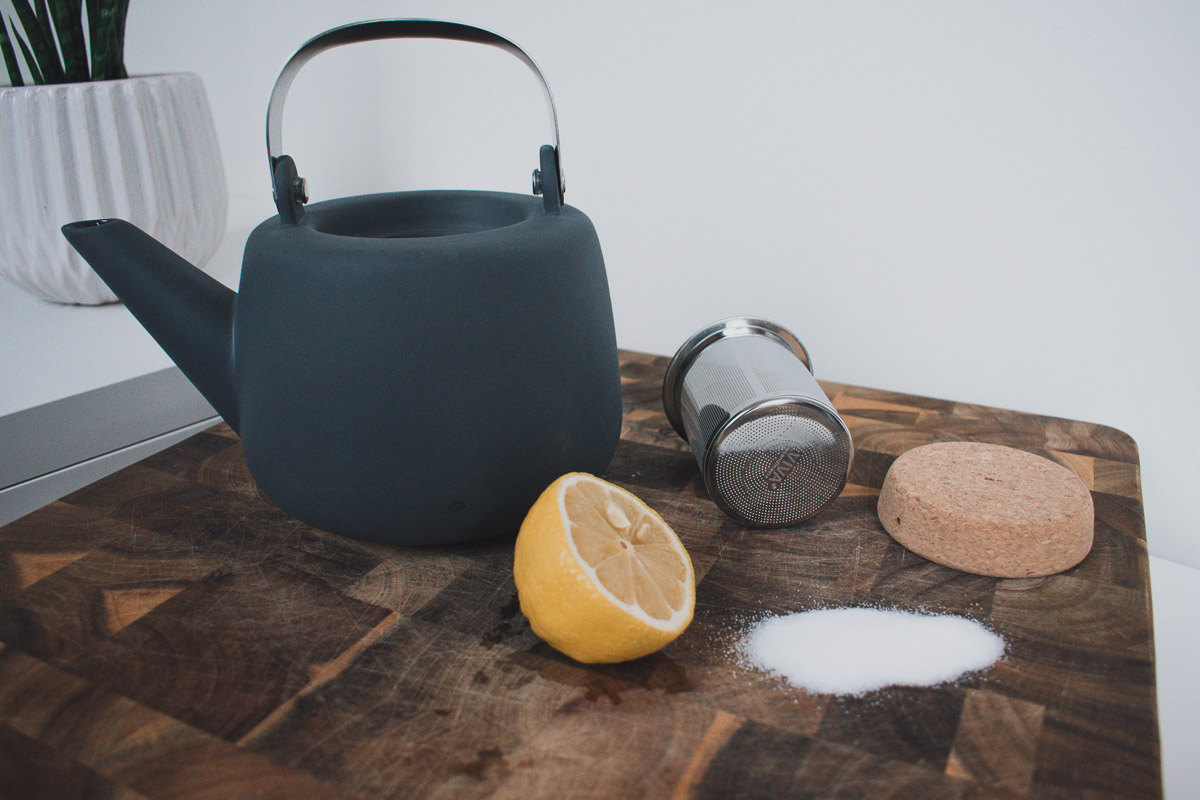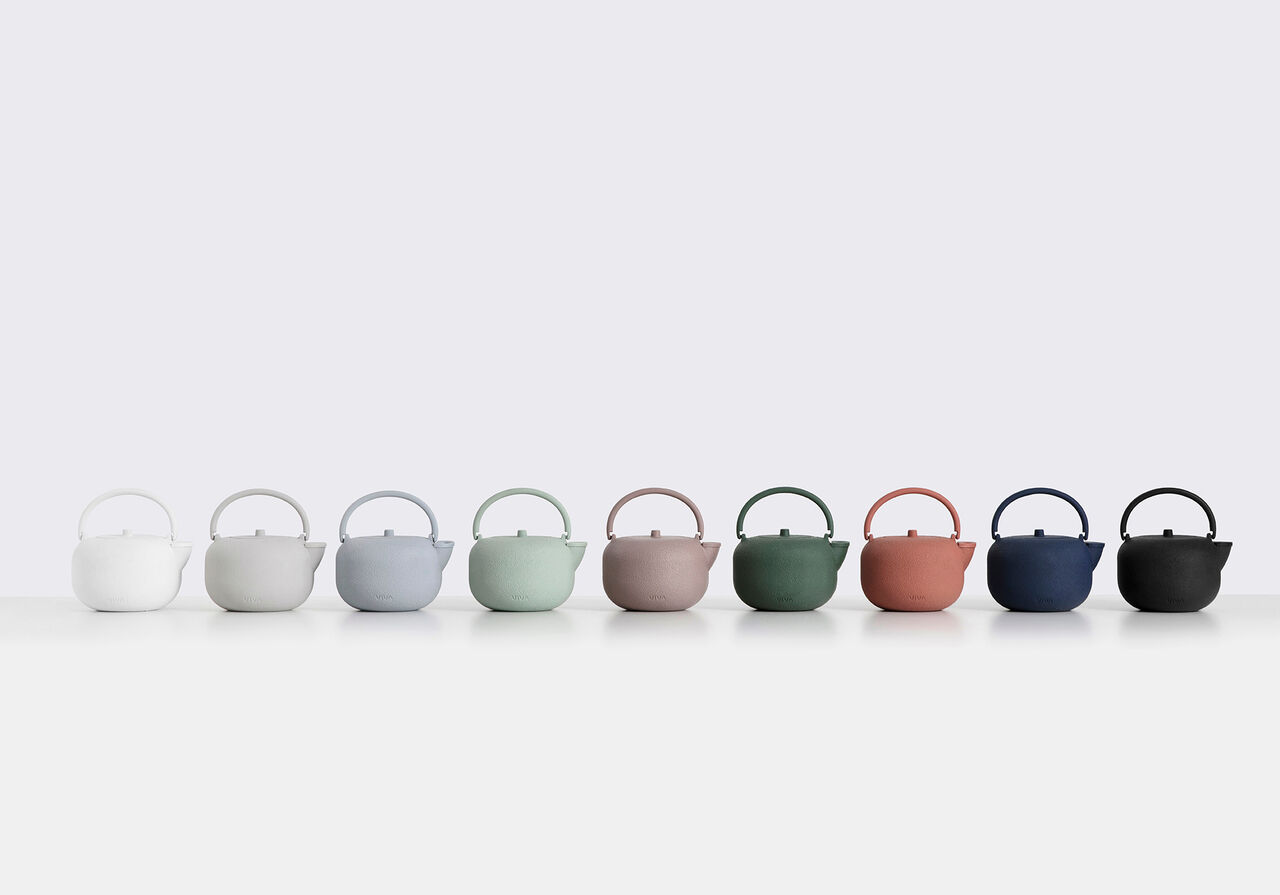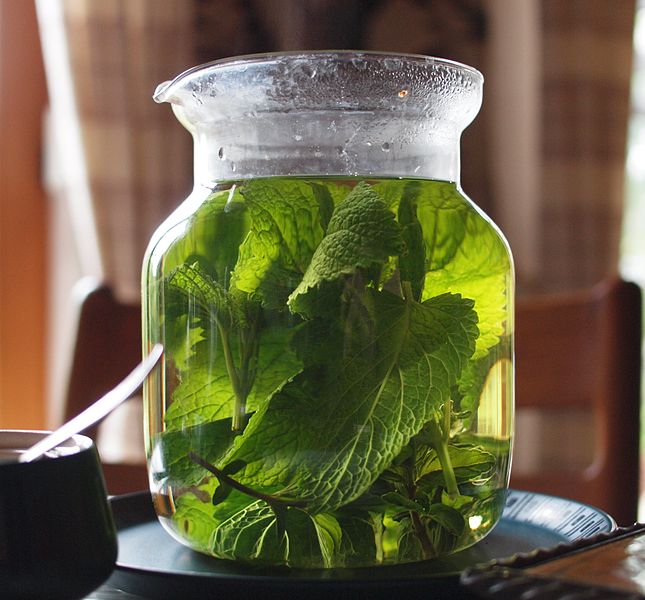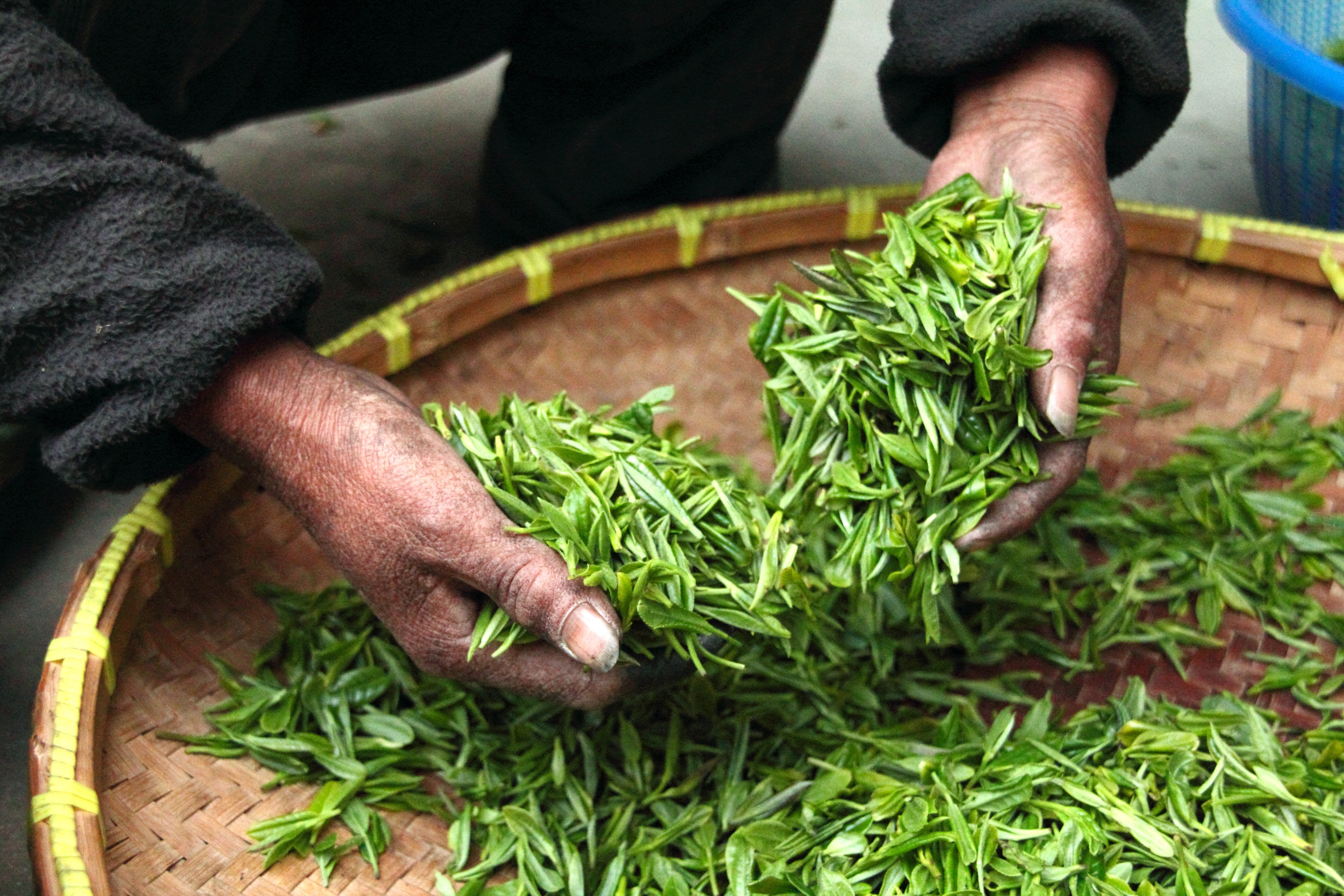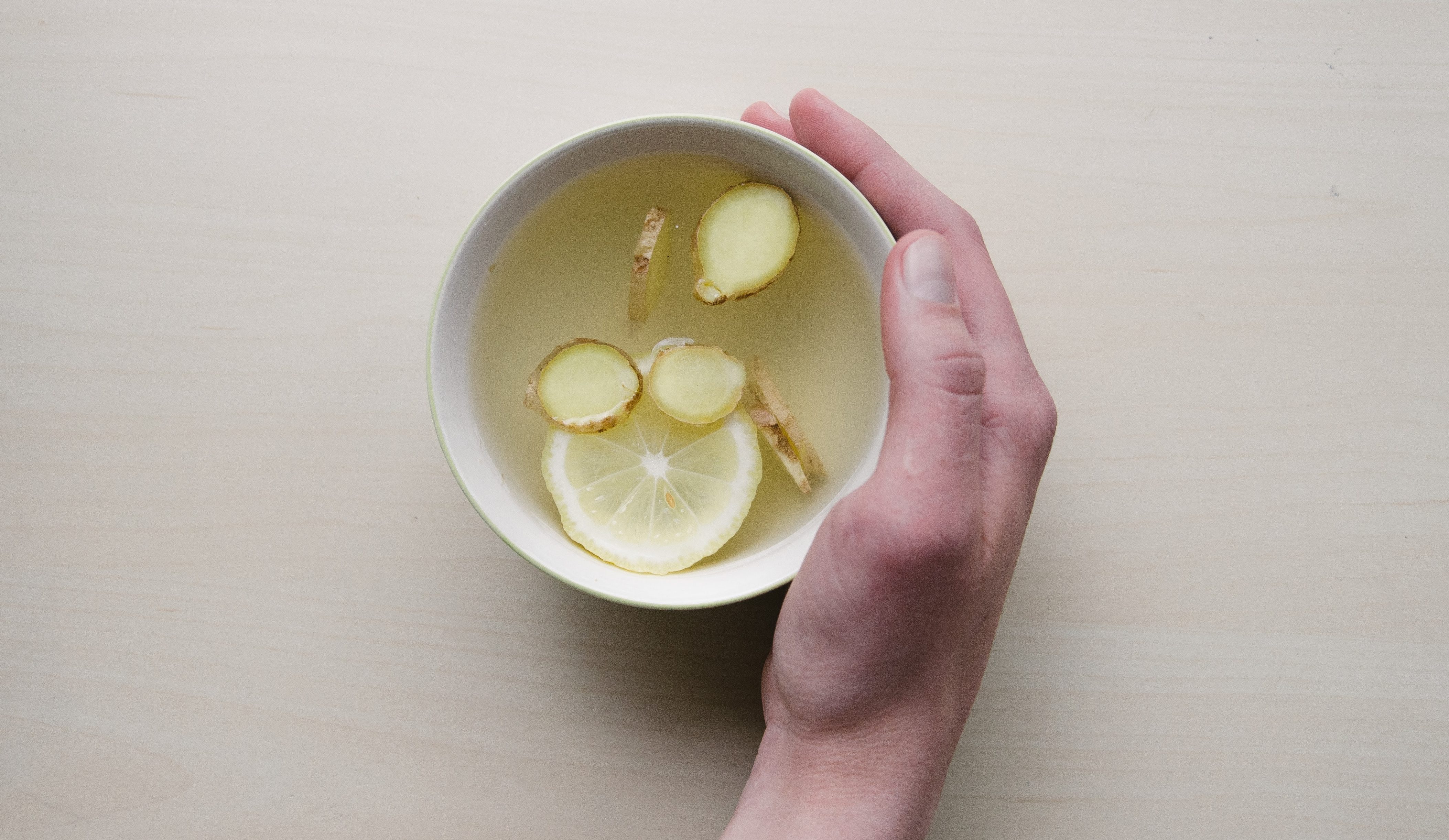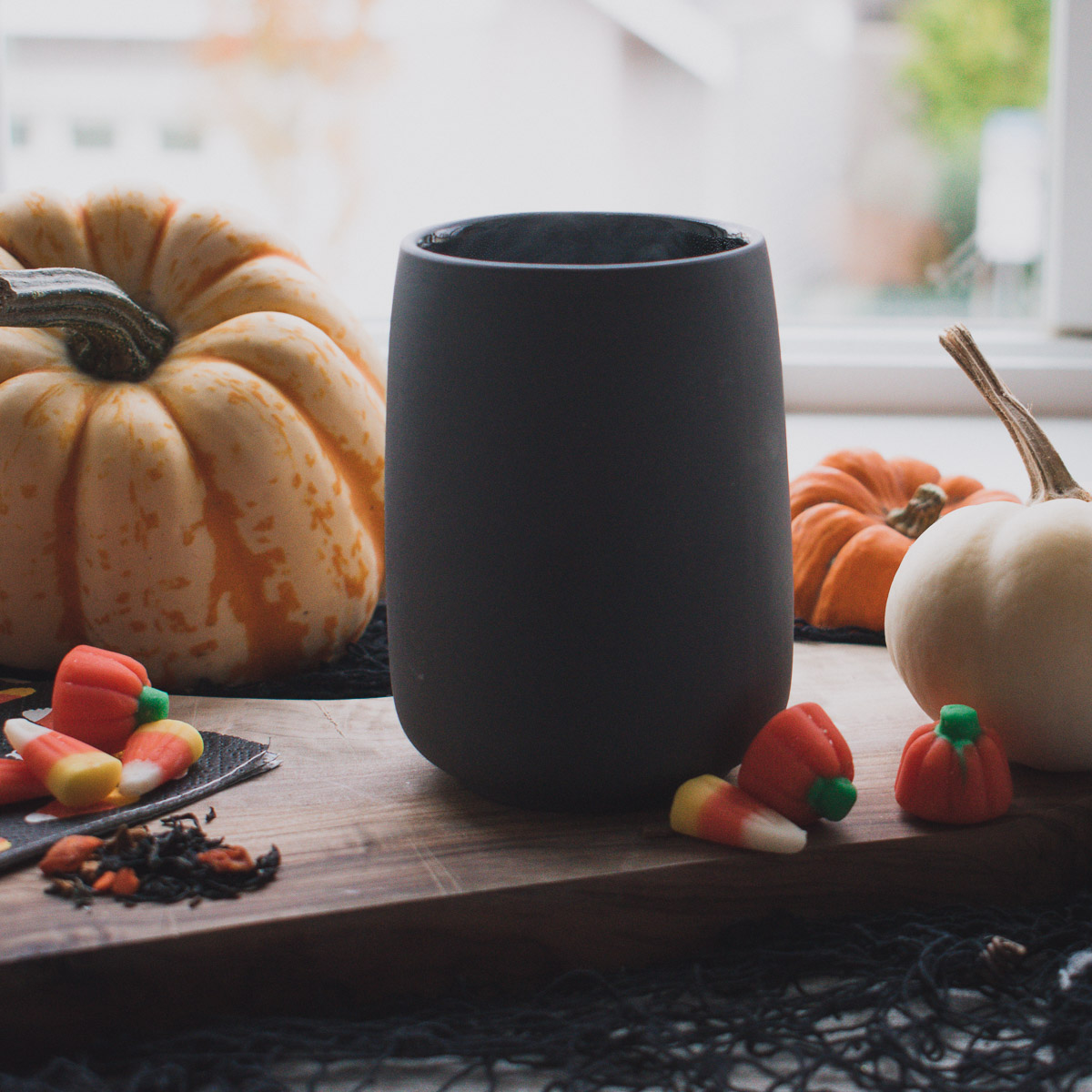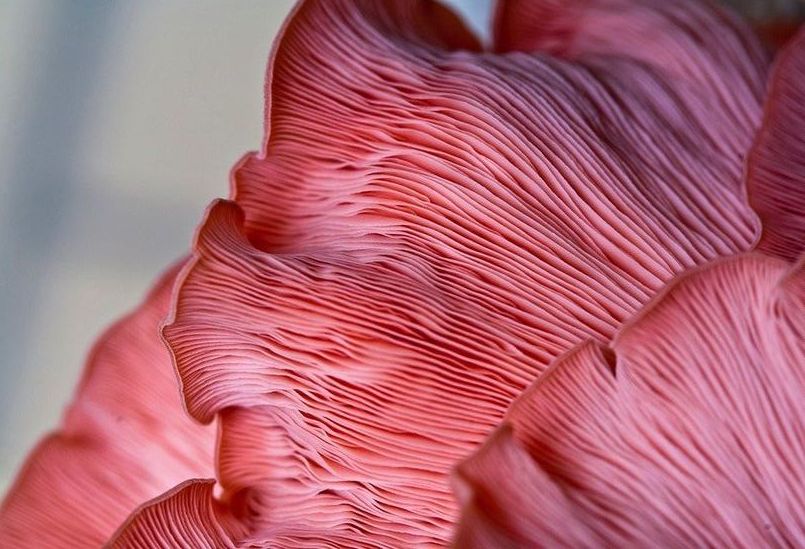Perhaps you’ve heard talk amongst co-workers about the latest beverage trend: kombucha. Curious, you did a quick Internet search and came up with a list of articles extolling its benefits. But what is this beverage exactly and why are so many people talking about it now?
Kombucha started to gain popularity in North American around 2017 and hit a peak about a year later with magazines and websites publishing articles about this re-discovered wonder drink. It appealed to taste buds looking for an alternative to traditional soda and also had the added bonus of offering some health benefits.
What is kombucha?
Kombucha is a fermented slightly alcoholic and lightly effervescent tea beverage made sugar and a “symbiotic culture of bacteria and yeast,” known as SCOBY. During the fermentation process, the SCOBY absorbs the sugar in the mix turning the liquid into a carbonated beverage that has the fizz of a soft drink, is slightly sour in taste, and is filled with nutrients.
The use of kombucha has been traced as far back as 221 B.C. in the northeastern region of China where it was first consumed by Emperor Qin Shi Huangdi who believed it could be the key to a longer life. As trade expanded to the west, by the late 1800s had kombucha made its way to Russia and then Germany around the time of World War I. The drink gained popularity in North America in the 1990s as consumers sought out products that promoted well-being.
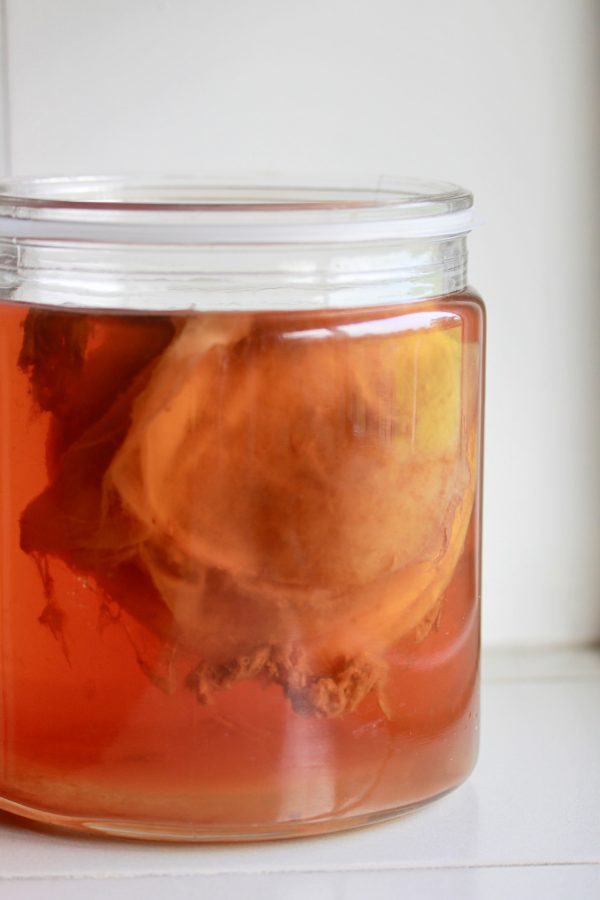
The benefits of kombucha
Kombucha is best known for promoting digestive health attributed to the presence of probiotics. Probiotic cultures help our bodies balance the ‘good’ and ‘bad’ bacteria in our digestive tract. Often known for being good for our ‘gut health,’ probiotics can help reduce bloating, improve digestion and provide relief of constipation.
Another health benefit comes from the beverage’s key ingredient: tea. Kombucha is made with black or green tea, which are high in antioxidants. Antioxidants have been linked to fighting the effects of heart disease, cancer, inflammatory diseases and aging.
Finally, kombucha is rich in B vitamins, which boosts our energy levels and supports good brain health.
Kombucha drinkers are also attracted to the crisp carbonated taste that comes in a variety of flavours, low sugar content and low calories when compared to traditional soft drinks.
What makes kombucha unique
As a fermented drink, kombucha has certain characteristics that set it apart from traditional teas. First, the beverage has a mildly sour taste some people compare to that of apple cider. Another by-product of fermentation is the presence of alcohol. But don’t worry: the alcohol content, which is produced during the interaction between the sugar and yeast, is minimal at 0.5 per cent.
What to look for when buying kombucha
Here are a few tips if this is your first time shopping for kombucha.
Make sure that the brewer is reputable and the fermenting process has been completed in a clean environment. Most established health food and grocery stores will carry brands are made from a producer that adheres to safe brewing practices.
Make sure the product is raw and has not been pasteurized since pasteurization kills off the good bacteria. Brands such GT’s Kombucha, and Tonica are examples of raw kombucha sold in Canada.
Check the label for the sugar content. After fermentation, the sugar content is between two and four grams per cup. But if ingredients are added to flavour the drink, some brands can have as much as 18 grams of sugar. One rule of thumb is to ensure that sugar is not listed as one of the top ingredients; this can be an indicator of high levels of a sugar contained in the beverage.
Go the DIY route – brew your own
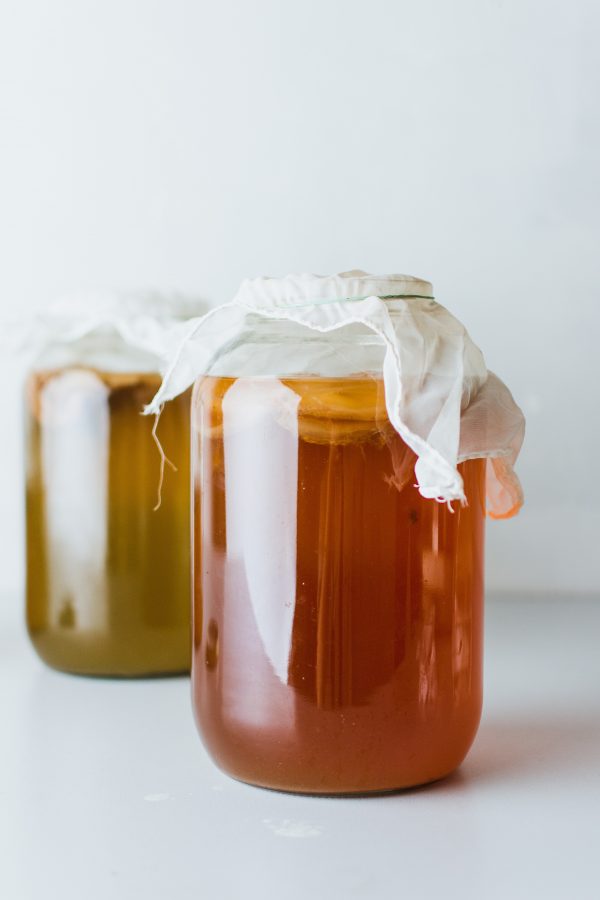
If the cost of buying kombucha is draining your wallet, try making it at home.
SCOBY can be purchased from on-line retailers such as Etsy for as low as $10. Since a SCOBY is a living organism, it can be reused to make future batches as long as it’s maintained in a kombucha-like liquid in between brews.
Make sure the equipment you are using is sanitized and free from harmful bacteria. Fermenting in a glass container is best because you can see how your batch is progressing. Metal containers should not be used because they can release unhealthy toxins into the liquid during the fermentation process.
There are many recipes available on-line with step-by-step instructions on brewing the perfect batch.
Who should avoid kombucha?
Despite its healthy reputation, kombucha might not be right for everyone.
For people who have been diagnosed with digestive-related illnesses such as irritable bowel syndrome, or Crohn’s disease, the caffeine in kombucha will irritate the intestinal tract.
Although the bacteria in kombucha is considered ‘good’ bacteria, adults and children with low immune systems might not be able to fight infections that might be caused by the bacteria in the drink.
Anyone wanting to abstain from alcohol completely should stay away from the drink. There is also risk that if a product has been on the shelf for too long, or has not been refrigerated, the alcohol content could be higher than what is listed on the label. The alcohol content, although minimal, could be unsafe for young children.
While probiotics can be effective in fighting the bad bacteria in your intestine, experts warn that everyone’s biological makeup is unique, and people can react differently to a probiotic. It’s best to start gradually with half a cup of kombucha and work your way up to larger quantities once you know how your body reacts to the ingredients.
Kombucha is a good source of nutrients so if you’re healthy, it won’t hurt you and might help relieve some mild digestive issues. If you are looking to make the switch to something that tastes good, has some health benefits and has a carbonated kick, kombucha might be the answer.
